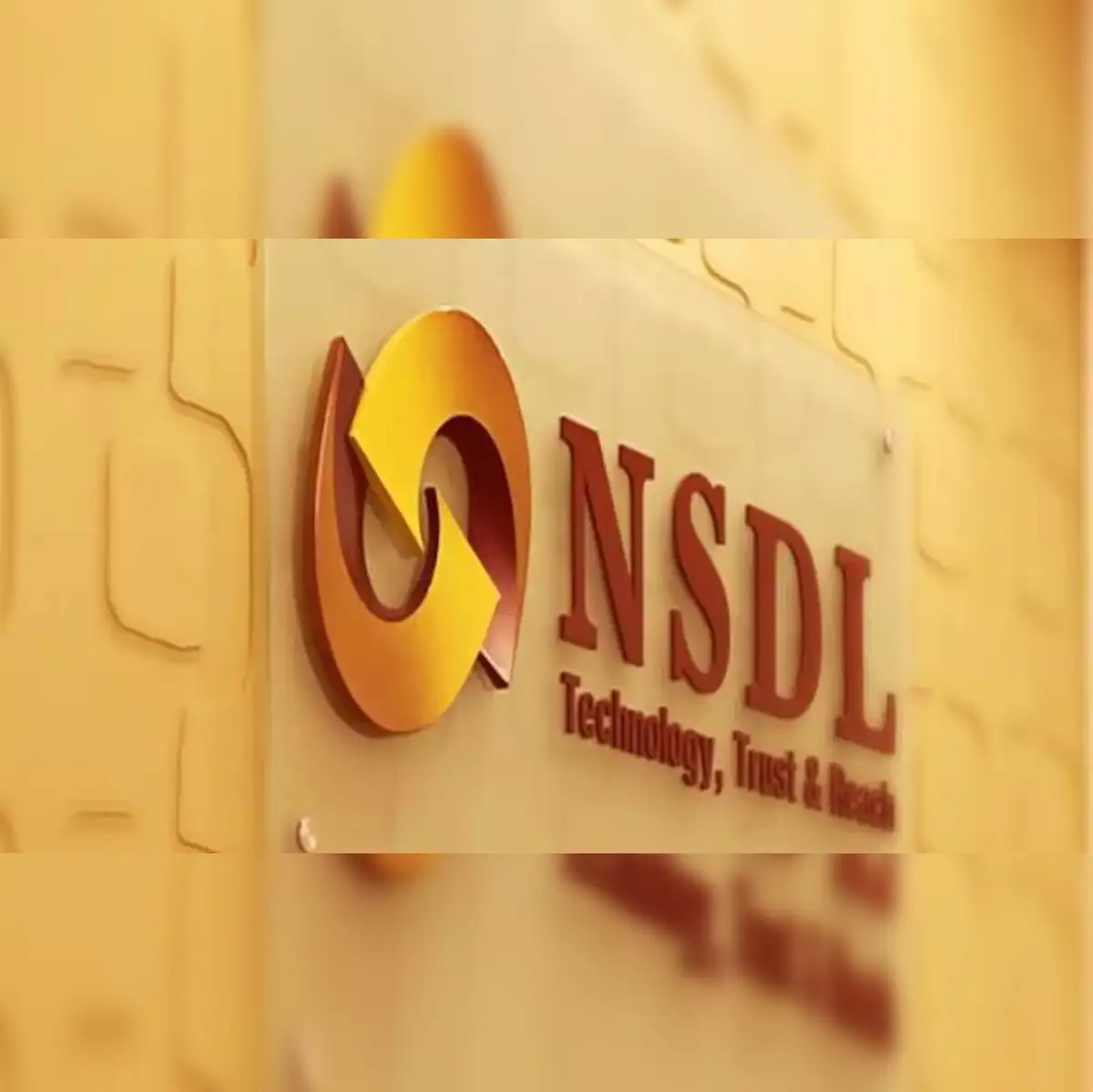08 Aug , 2025 By : Debdeep Gupta

The shares of National Securities Depository (NSDL) gained nearly 16 percent on August 8, extending massive gains for the third consecutive session since market debut. The shares of the company are now more than 62 percent higher than the IPO price.
The shares have now gained nearly 48 percent in the three sessions since their market debut. The market capitalization of the company surged significantly in the first three days to cross Rs 25,000-mark.
The shares of NSDL had made a decent stock market debut on August 6, listing at Rs 880 apiece on BSE. This marked a premium of 10 percent over its IPO price at Rs 880 apiece. The listing premium was lower than grey market estimates.
Ahead of listing, the unlisted shares of the company were trading with a grey market premium of nearly 16 percent over the IPO price. According to analysts, investors should consider holding the stock for the long term, given NSDL’s strong fundamentals and leadership in the depository segment.
NSDL’s P/E ratio currently stands at around 77, higher than that of peer CDSL whose P/E ratio currently stands at around 66.
Prashanth Tapse, Senior Vice President (Research Analyst) at Mehta Equities Ltd, said, "NSDL continues to lead in value-based transactions and institutional account holdings, backed by strong industry trust and technological infrastructure. Alongside CDSL, it operates in a near-duopoly, with high entry barriers for new players."
"For investors allotted shares, it is advisable to hold from a long-term perspective. Non-allotted investors can wait for any post-listing dip to enter," he added.
Saurabh Jain, Head - Equity Research - fundamentals at SMC Global Securities, noted "With dominant market share, a wide service reach, and diversified asset coverage, NSDL is well-positioned for long-term growth, supported by macroeconomic tailwinds and regulatory enablers. However, investors should remain cautious of its dependence on transaction volumes, evolving investor behavior, and high regulatory and cybersecurity risks.
0 Comment